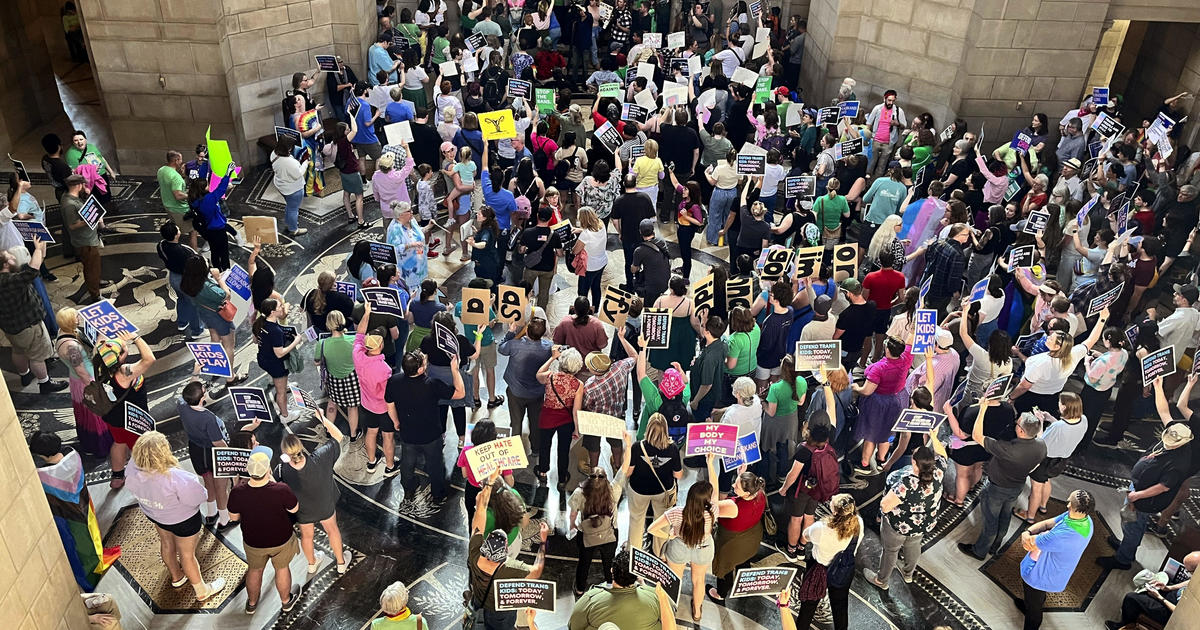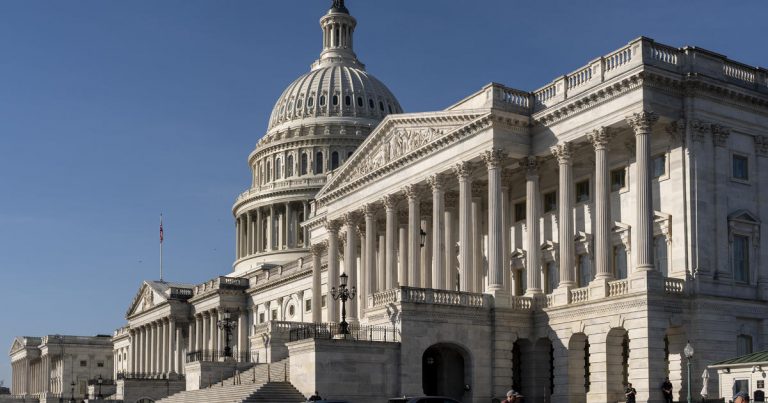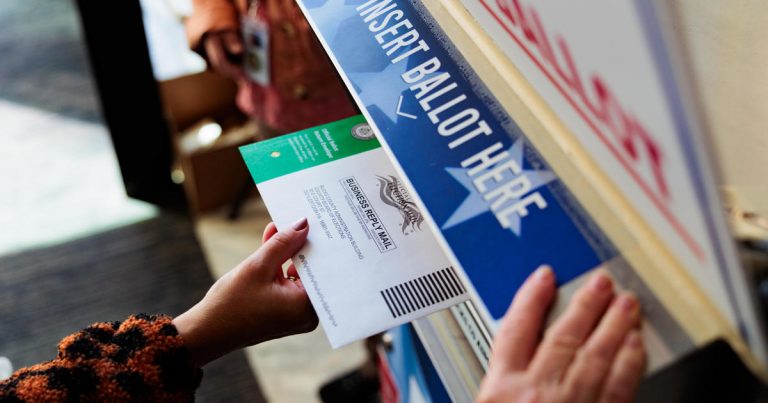Nebraska high court allows two abortion measures to be on ballot.
Competing measures that would expand or restrict abortion rights are set to appear on the upcoming ballot in Nebraska this fall, following a ruling by the state Supreme Court on Friday.
The Nebraska Supreme Court made its decision just days after hearing arguments in three separate lawsuits that aimed to prevent one or both of the state’s conflicting abortion initiatives from being included in the November ballot.
Both sets of organizers for the competing measures successfully gathered well over the required 123,000 valid signatures to qualify for the ballot.
One of the initiatives seeks to establish in the Nebraska Constitution the right to have an abortion until viability or later, in order to protect the health of the pregnant woman. The other initiative aims to enshrine Nebraska’s existing 12-week abortion ban, which was enacted by the Legislature in 2023. This ban includes exceptions for cases of rape, incest, and when the life of the pregnant woman is in danger.
Challenges were brought forth through two lawsuits, one filed by an Omaha resident and another by a Nebraska neonatologist, both of whom oppose abortion. These lawsuits contended that the initiative proposing to expand abortion rights violates the state’s rule against addressing multiple subjects in a single bill or ballot proposition. They argued that the ballot measure touches on three distinct issues: abortion rights until viability, post-viability abortion rights to safeguard the woman’s health, and the state’s authority to regulate abortion.
Earlier this year, a similar argument regarding a single-subject violation on an abortion rights ballot measure before Florida’s conservative Supreme Court was unsuccessful.
A third lawsuit took aim at the 12-week ban initiative, contending that if the abortion rights measure failed the single-subject test, then the 12-week ban initiative should also fail for the same reason. The 12-week ban ballot measure was criticized for involving at least six separate subjects, which include the regulation of abortion across all trimesters, alongside exceptions for situations involving rape, incest, and the life of the mother.
Previous rulings by the Nebraska Supreme Court on single-subject law challenges have been mixed. For instance, in 2020, the court blocked a ballot initiative that sought to legalize medical marijuana, on the grounds that the provisions concerning the use and production of marijuana constituted separate subjects that violated the state’s single-subject regulation.
However, in July of this year, the court ruled in favor of a hybrid bill that combined the 12-week abortion ban with another measure related to limiting gender-affirming health care for minors, determining that this combination did not violate the single-subject rule. Justice Lindsey Miller-Lerman dissented strongly, criticizing the majority for applying different standards to bills passed by the Legislature versus those proposed through voter referendum.
The court expedited its hearings and rulings on the lawsuits to eliminate the need for lower court proceedings and to ensure a decision before ballots were printed. The deadline for certifying the Nebraska November ballot was fast approaching.
Nebraska will be the first state to see competing abortion amendments on the same ballot since the overturning of Roe v. Wade in 2022, which shifted abortion rights to a state-by-state matter. The issue of abortion will also be present on the ballot in nine other states this year. Measures to protect access to abortion have qualified to go before voters in Arizona, Colorado, Florida, Maryland, Missouri, Montana, Nevada, and South Dakota.
In New York, there is a ballot measure that supporters argue would preserve abortion rights, although there is contention over its actual impact. While there is no specific measure on the Arkansas ballot, efforts to introduce one through legal action are ongoing. Across the seven states that have featured abortion-related measures since Roe v. Wade was overturned, voters have consistently supported abortion rights.
Since the repeal of Roe v. Wade, many Republican-led states have implemented some form of abortion ban. Currently, fourteen states have prohibitions on abortion at all stages of pregnancy, with a few exceptions. Four states restrict abortion after approximately six weeks, a time before many women are aware of their pregnancy. Among these states, Nebraska and North Carolina exclusively have bans that trigger after 12 weeks of pregnancy.
The battle over abortion rights continues to unfold in various states across the country, with Nebraska playing a pivotal role in the upcoming November ballot. As the legal and political landscapes evolve, the ultimate decision will rest with the voters to determine the future of abortion rights within the state.








